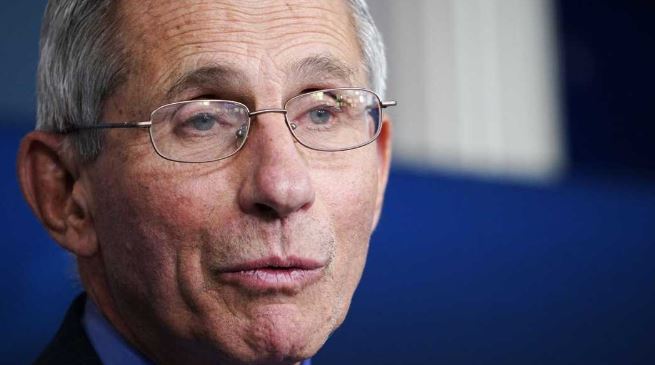
Dr. Anthony Fauci: 9 Ways to Contact Them (Phone Number, Email, House address, Social media profiles)
Dr. Anthony Fauci: Ways to Contact or Text Dr. Anthony Fauci (Phone Number, Email, Fanmail address, Social profiles) in 2023- Are you looking for Dr. Anthony Fauci 2023 Contact details like his Phone number, Email Id, WhatsApp number, or Social media account information that you have reached on the perfect page.
We are attempting to answer many of the most frequently asked questions by Dr. Anthony Fauci fans, and a large percentage of them are related to contact information. There is a lot of information about Dr. Anthony Fauci’s Fan Mail Address, Autograph Request Address, Phone Number, Email Address, and more details that you can learn about in the following sections of this article.
Dr. Anthony Fauci Biography and Career:
Also Checkout: How to Contact Cedric Richmond: Phone Number, Email Address, Fan Mail Address, and Autograph Request Address
Dr. Fauci was the Director of the NIAID from 1984 to 2022. He directed a large research portfolio that included both fundamental and applied research to prevent, diagnose, and treat infectious illnesses that were already well-known, such as HIV/AIDS, respiratory infections, diarrheal diseases, TB, and malaria, as well as newly discovered diseases, such as Ebola, Zika, and COVID-19. In addition, he oversaw research into emerging infectious diseases, such as Ebola, Zika, and COVID-19. In addition, he was the head of the research team at the NIAID that investigated transplantation and immune-related diseases such as autoimmune disorders, asthma, and allergies.
Dr. Fauci served as an advisor to seven presidents on HIV/AIDS policy and on various other domestic and international health concerns. He was a key figure in developing the President’s Emergency Plan for AIDS Relief (PEPFAR). This program is credited with preventing the loss of over 20 million lives throughout the developing globe. Dr. Fauci served as a significant counselor to seven presidents and their administrations on global HIV/AIDS concerns and on programs to strengthen medical and public health preparation against new infectious diseases threats such as pandemic influenza and COVID-19. He was also a pioneer in the field of antiretroviral therapy (ART), which is a treatment for HIV/AIDS.
As a researcher focusing on HIV/AIDS, he had actively participated in the scientific community’s work since 1981, when AIDS was first identified. He has led critical studies that are the basis for the present knowledge of the illness and the attempts to create treatments and measures for prevention. Dr. Fauci served for a significant portion of his career as the Laboratory of Immunoregulation’s chief. He produced several significant contributions to fundamental research as well as clinical research on the development and management of immune-mediated and infectious disorders.
He made significant insights in fundamental science that are the basis of the present knowledge of the control of the human immune response, which he helped to pioneer as part of his contribution to the area of human immunoregulation. In addition, Dr. Fauci is well known for outlining how immunosuppressive medications modify the human immune response. For this work, he has received widespread recognition. He successfully developed treatments for inflammatory and immune-mediated disorders that were formerly deadly, including polyarteritis nodosa, granulomatosis with polyangiitis (also known as Wegener’s granulomatosis), and lymphomatoid granulomatosis.
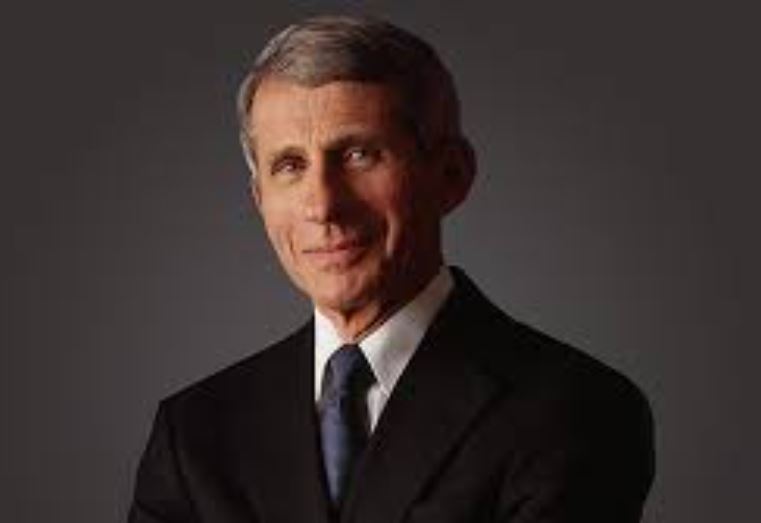
Dr. Fauci made several essential advances to the knowledge of how HIV damages the body’s defenses, which in turn makes the body more susceptible to lethal diseases. In addition, he was an essential contributor to the development of medications that make it possible for individuals with HIV to live long and productive lives. During the same period, his ranking in research and experimental medicine was 22nd out of 3.3 million writers, while his ranking in general and internal medicine was 715th out of 1.4 million authors.
In addition, 58 institutions in the United States and elsewhere bestowed honorary doctorates upon him throughout his lifetime. In addition to being a member of the National Academy of Sciences, the National Academy of Medicine, the American Academy of Arts and Sciences, and the American Philosophical Society, Dr. Fauci is also a member of several other professional societies, such as the American College of Physicians, the American Society for Clinical Investigation, the Association of American Physicians, the Infectious Diseases Society of America, the American Association of Immunologists, and the American Academy of Allergy, Asthma, and Immunology.
In addition to being an author, coauthor, or editor of more than 1,400 scientific papers, including several textbooks, he is on the editorial boards of several different scientific journals. Fauci is the younger of the two children born to Eugenia (formerly Abys) and Stephen Fauci, who worked in the pharmaceutical industry. The family was originally from Ireland but had settled in Brooklyn, where they managed a local drugstore. When Fauci was a child, he worked there in various capacities, including manning the register and delivering medicines. Baseball and basketball were two of his favorite sports; he often played them in his leisure time.
Fauci received his education in the Jesuit tradition at Regis High School, and the Jesuit ideal of “to be men for others” had a significant and long-lasting effect on him. After that, he pursued his education at the College of the Holy Cross in Worcester, Massachusetts, where he majored in premed and graduated with a medical degree. In 1962, upon completing his undergraduate studies, he enrolled in the medical program at Cornell University in New York City. Fauci received his medical degree from New York Hospital–Cornell Medical Center in 1966 and graduated at the top of his class.
Fauci started working on infectious illnesses after joining the National Institutes of Health in 1968 as a researcher. While the NIH employed him, he also started working at the NIAID, where he eventually became the head of the Laboratory of Immunoregulation (1980–). He was appointed director of the NIAID in 1984. During this period, Fauci started researching what would later be identified as AIDS. 1981 saw the first documented examples of the disease, which emerged about the same time medical professionals began treating patients with severely compromised immune systems.
Fauci and the researchers in his group conducted a study on the mysterious sickness, and their findings provided important advances to our knowledge of the ability to treat the fatal condition. As an advisor to former United States President Ronald Reagan and a brilliant communicator, Fauci took a prominent role during the disease outbreak. As a result, he was often the target of criticism for what some people saw to be a tardy reaction on the part of the government, particularly the delay in the approval of experimental medications.
Activists said that the disease was not getting the funds and assistance from the government that it would have otherwise received if it were not so closely identified with the LGBT community. Fauci was praised for his work with AIDS campaigners and for making it easier for patients to acquire experimental therapies. In addition, he worked to get more funds for research and, subsequently, was the primary architect of the President’s Emergency Plan for AIDS Relief (2003; PEPFAR), which was essential in the survival of millions of people in underdeveloped nations.
Throughout his career, Fauci served as an advisor to several U.S. presidents and became exceptionally skilled in politics. Nevertheless, during the COVID-19 epidemic, his abilities were put to the test. In 2019, a newly emerging infectious illness known as COVID-19 was identified. The World Health Organization (WHO) declared that this disease was a pandemic the following year. Fauci was a member of the task team that Republican President Donald Trump appointed, and he contributed to the development of the government’s response to the deadly illness. Fauci became a household celebrity and a target of criticism due to his frequent appearances on television and participation in press briefings.
Despite his advocacy for stringent limitations, COVID-19 grew fast, eventually claiming the lives of over one million people in the United States. His critics also pointed out the inconsistency in his suggestions, such as whether or not face masks need to be used. Although Fauci admitted that there were challenges, he argued that adjustments to the policy were necessary as more information about the illness became available. As the epidemic got more political, Dr. Fauci found himself in the crosshairs of President Trump.
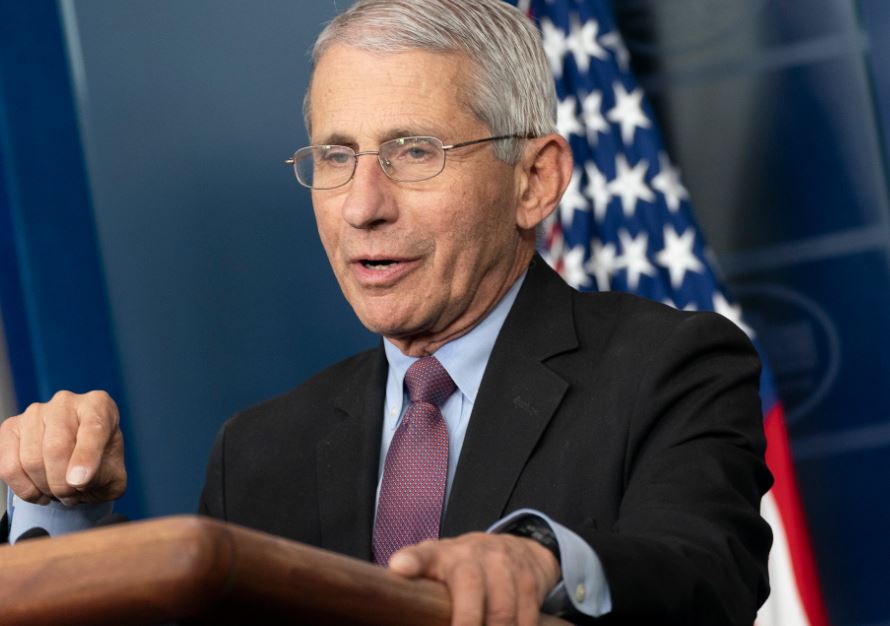
To make the sickness seem less severe than it really was, the president often disagreed with Fauci and suggested that the physician was in error. By the time Trump’s presidency ended, Fauci had become virtually irrelevant. Other Republicans have also voiced their public disapproval of Fauci, and he has engaged in particularly bitter debates with Senator Rand Paul. In 2022, Dr. Fauci testified before a congressional panel and said that Paul’s false information was the cause of death threats made against him.
Joe Biden was inaugurated as president in 2021, and Fauci was appointed top medical advisor within his administration. During Dr. Fauci’s first press conference, he referenced his previous conflicts with President Trump. He also said how “liberating” it was to discuss scientific topics openly. Subsequently, Dr. Fauci contributed to the formulation of the strategy for the statewide deployment of the vaccine that the Biden administration developed. He also made several public appearances to allay any fears over the security of the medication. Fauci announced that he would be retiring later that year (2022), and he did so.
Fauci spent more than 40 years working for the government, during which time he assisted in the battle against various diseases. Most notably, he was engaged in response to epidemics of West Nile virus and Ebola. In addition, Dr. Fauci was in charge of the medical response in 2001, when anthrax was sent via the mail to several different people. His other work included a study on rheumatism, and the treatment of rheumatic illnesses was significantly improved as a result of his work. Fauci was awarded several honors over his career, one of which was the National Medal of Science in 2005. In recognition of his efforts to combat AIDS, former President George W. Bush gave him the Presidential Medal of Freedom in 2008.
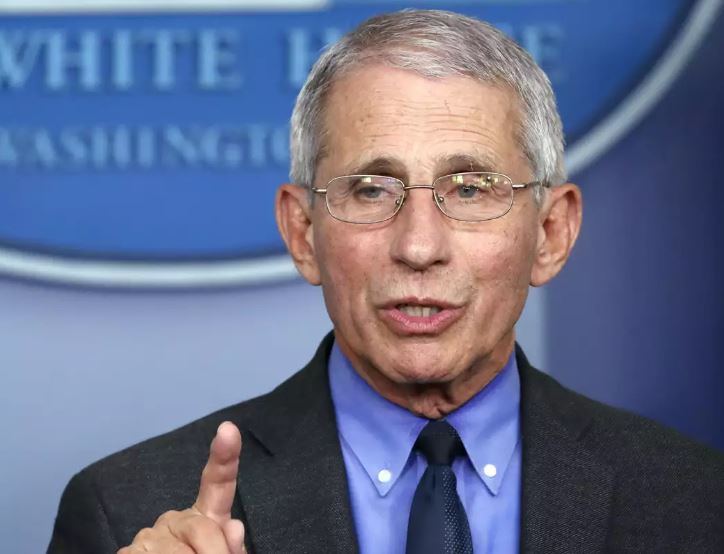
Autograph Request Address of Dr. Anthony Fauci
Requesting a signature from Dr. Anthony Fauci is becoming one of the most popular choices for fans who are hectic and locked in their daily normal routines. If you want Dr. Anthony Fauci’s signature, you may write him an autograph request letter and mail it to his office address.
Autograph Request Address:
If you anticipate a speedy answer, include a self-addressed, sealed envelope. Include a photo of Dr. Anthony Fauci in your autograph request letter if you want a signature on his photo. A response from a celebrity’s office usually takes a couple of weeks, so be patient.
Dr. Anthony Fauci Profile-
- Full Name– Dr. Anthony Fauci
- Birth Sign- Capricorn
- Date of Birth– 24 December 1940
- State and Country of Birth– Brooklyn, New York, United States
- Age -582 years (As 0f 2023)
- Parents– Father: Stephen A. Fauci, Mother: Eugenia A. Fauci
- Cousins– NA
- Height– 1.70 m
- Occupation– Politician
Dr. Anthony Fauci Phone Number, Email, Contact Information, House Address, and Social Profiles:
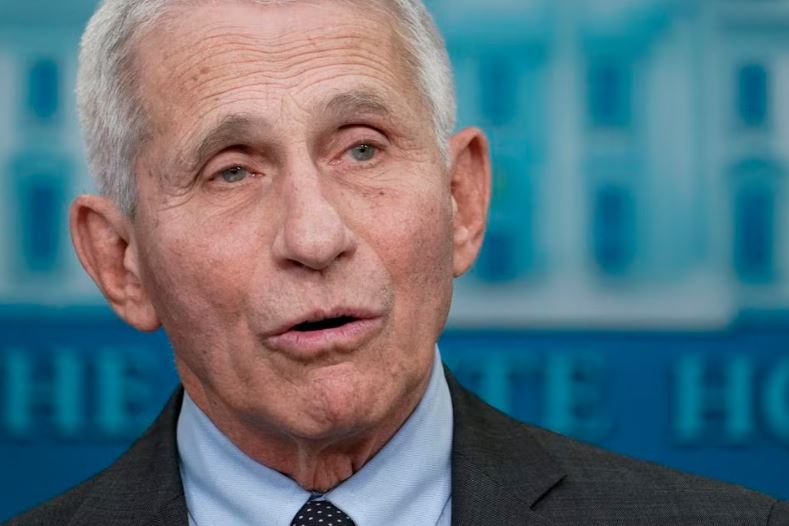
Ways to Contact Dr. Anthony Fauci:
1. Facebook Page: https://www.facebook.com/drfauci/
Dr. Anthony Fauci has a Facebook account where he publishes his pictures and videos. The above-mentioned URL will take you to his profile. It has been verified, and we can certify that it is a 100% accurate profile of Dr. Anthony Fauci. You may contact him on Fb, which you can find by clicking the link here.
2. YouTube Channel: NA
Dr. Anthony Fauci has his own channel on youtube, where he uploaded his videos for his followers to watch. He has also earned a million subscribers and thousands of views. Anyone interested in seeing his uploads and videos may utilize the account URL provided above.
3. Instagram Profile: https://www.instagram.com/realdrfauci/
Dr. Anthony Fauci even has an Instagram account, in which he has over a thousand followers and gets over 100k likes per posting. If you would like to view his most recent Instagram pics, click on the link above.
4. Twitter: https://twitter.com/Dr_AnthonyFauci
As of yet, Dr. Anthony Fauci has gained a large number of followers on his Twitter account. Click on the link above if you’re willing to tweet it. The link above is the only way to get in touch with him on Twitter.
5. Phone number: 301-496-2263
Dr. Anthony Fauci’s many phone numbers have been released on Google and the internet, but none of them truly function. However, we’ll let you know as soon as we’ve located an exact number.
6. Fan Mail Address:
Dr. Anthony Fauci,
Brooklyn, New York, United States
7. Email id: NA
8. Website URL: NA
Also Checkout: How to Contact Cedric Richmond: Phone Number, Email Address, Fan Mail Address, and Autograph Request Address
